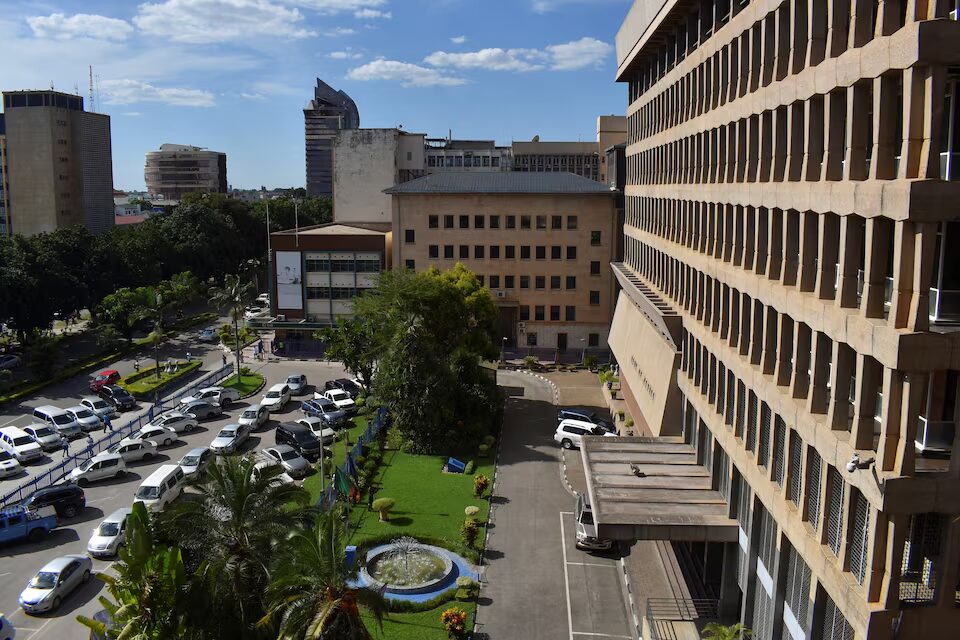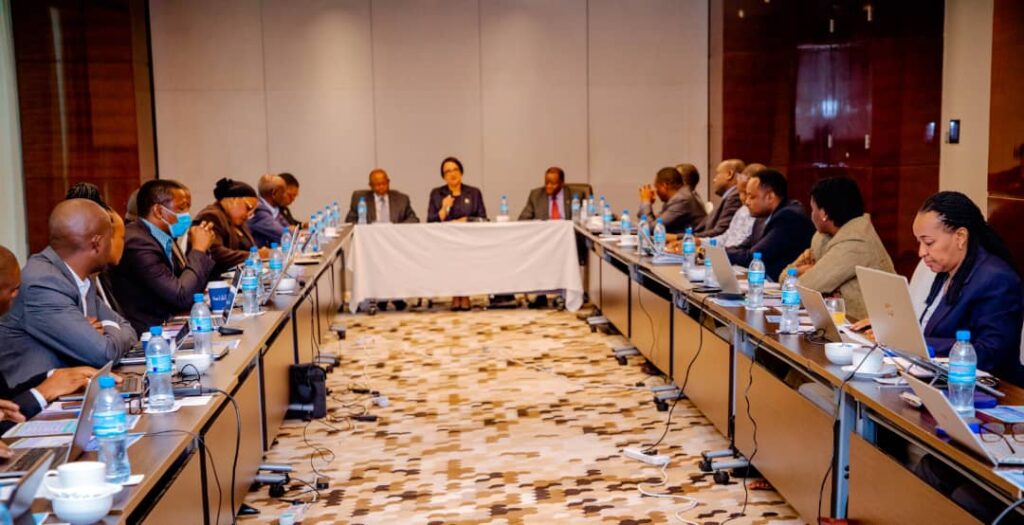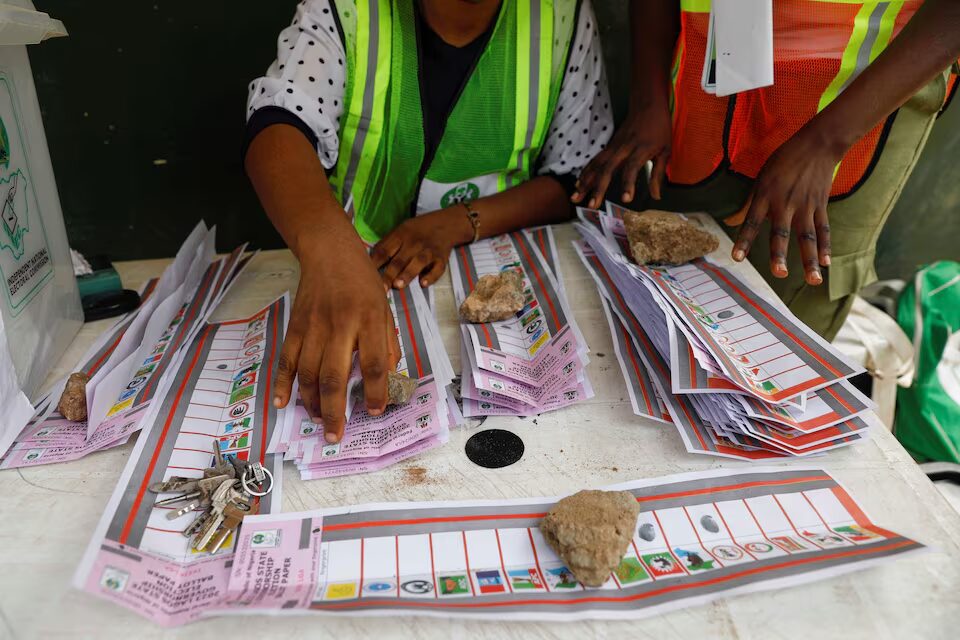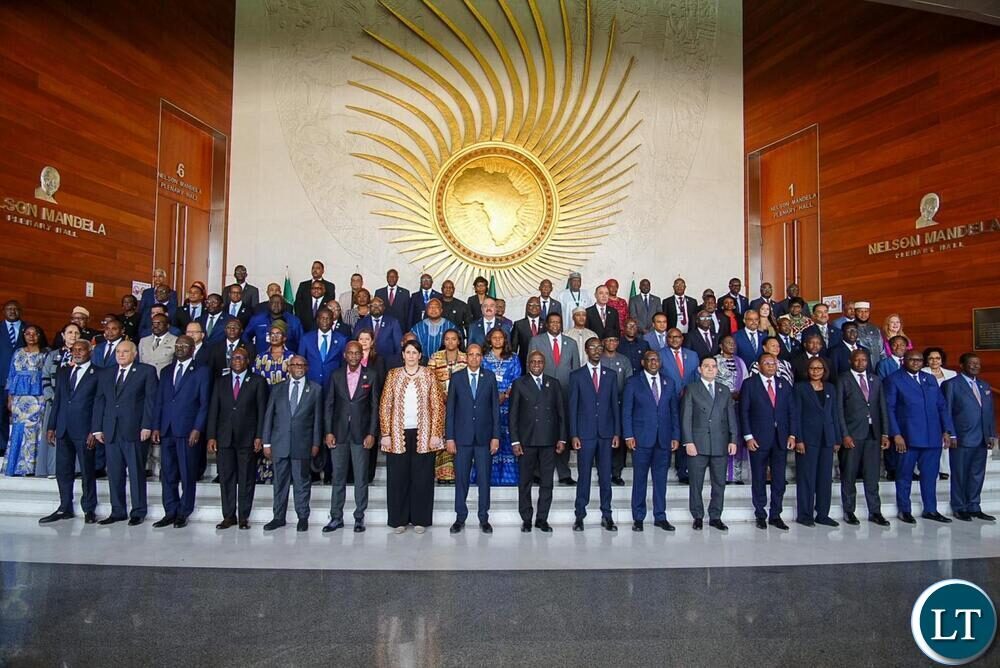
Tuesday, 17th June 2025

By inAfrika Reporter
In a recent closed-door session in Dar es Salaam, two powerful reform forces—the team behind MKUMBI II, the government’s flagship business and investment climate reform programme, and the Presidential Commission on Tax Reforms—came together under the guidance of Dr. Tausi Kida, Permanent Secretary in the President’s Office for Planning and Investment. The convergence of these two bodies is not merely symbolic; it reflects a deeper recognition within Tanzania’s leadership that economic transformation cannot occur in silos.
Over the last few years, Dar es Salaam has made bold promises to improve the ease of doing business. Yet behind the positive rhetoric, businesses—particularly small and mid-sized enterprises—continue to wrestle with unpredictable tax regimes, cumbersome licensing procedures, and regulatory fragmentation. MKUMBI II is meant to change that. Its aim is to create a more coherent, investor-responsive system, one that reduces the friction points that currently dampen productivity and discourage capital flows. But tax policy, long treated as a parallel track, is now being brought into the same room—literally and metaphorically.
The choice of participants at the meeting speaks volumes. Ambassador Ombeni Sefue, former Chief Secretary and now Chair of the Presidential Commission on Tax Reforms, joined hands with Professor Faustine Kamuzora, head of the MKUMBI II task force. Their presence signaled not only a unification of technical and strategic minds but also the political will to integrate business and fiscal policy. Few other countries on the continent have managed to align their investment and tax reform agendas so deliberately.
That alignment is crucial. Across Africa, reform fatigue is real. The continent is peppered with pilot programmes that never scaled, consultations that never produced change, and strategies that were shelved as soon as leadership shifted. But Tanzania, under President Samia Suluhu Hassan, appears intent on shifting that pattern. Her administration has taken a more conciliatory, investor-friendly tone since 2021, opening dialogue with the private sector and rolling back some of the more punitive approaches of her predecessor. The recent meeting is yet another signal that policy reform is no longer viewed as a technocratic exercise but as a core driver of national competitiveness.
Of particular importance is the government’s emphasis on addressing both tax and non-tax impediments to doing business. Tanzanian entrepreneurs often cite bureaucratic delays, unclear regulations, and sudden policy shifts as greater challenges than tax rates themselves. Dr. Kida’s remarks, which stressed the need to “engage with the private sector effectively,” suggest that policymakers are beginning to understand this nuance. Reform is not just about tweaking tax codes; it’s about overhauling the user experience of doing business in Tanzania.
Tanzania’s tax-to-GDP ratio remains below regional benchmarks, a worrying sign for a government eager to expand infrastructure and social services without deepening external debt. But instead of imposing new levies or ramping up enforcement alone, the Presidential Commission on Tax Reforms appears to be taking a more measured approach. Broadening the tax base by formalizing informal businesses, streamlining compliance, and deploying digital tools are all on the table. These shifts mirror strategies in countries like Rwanda and Kenya, where modernized tax systems have begun to yield more predictable and sustainable revenues.
The underlying theme is one of trust. Tanzania’s revenue authority has in recent years tried to shed its image as a punitive enforcer and instead rebrand as a partner in national development. Weekly public feedback sessions, clearer communication on tax obligations, and simplified procedures are part of this image rehabilitation. Whether these measures result in long-term compliance gains remains to be seen, but the trend is worth watching.


